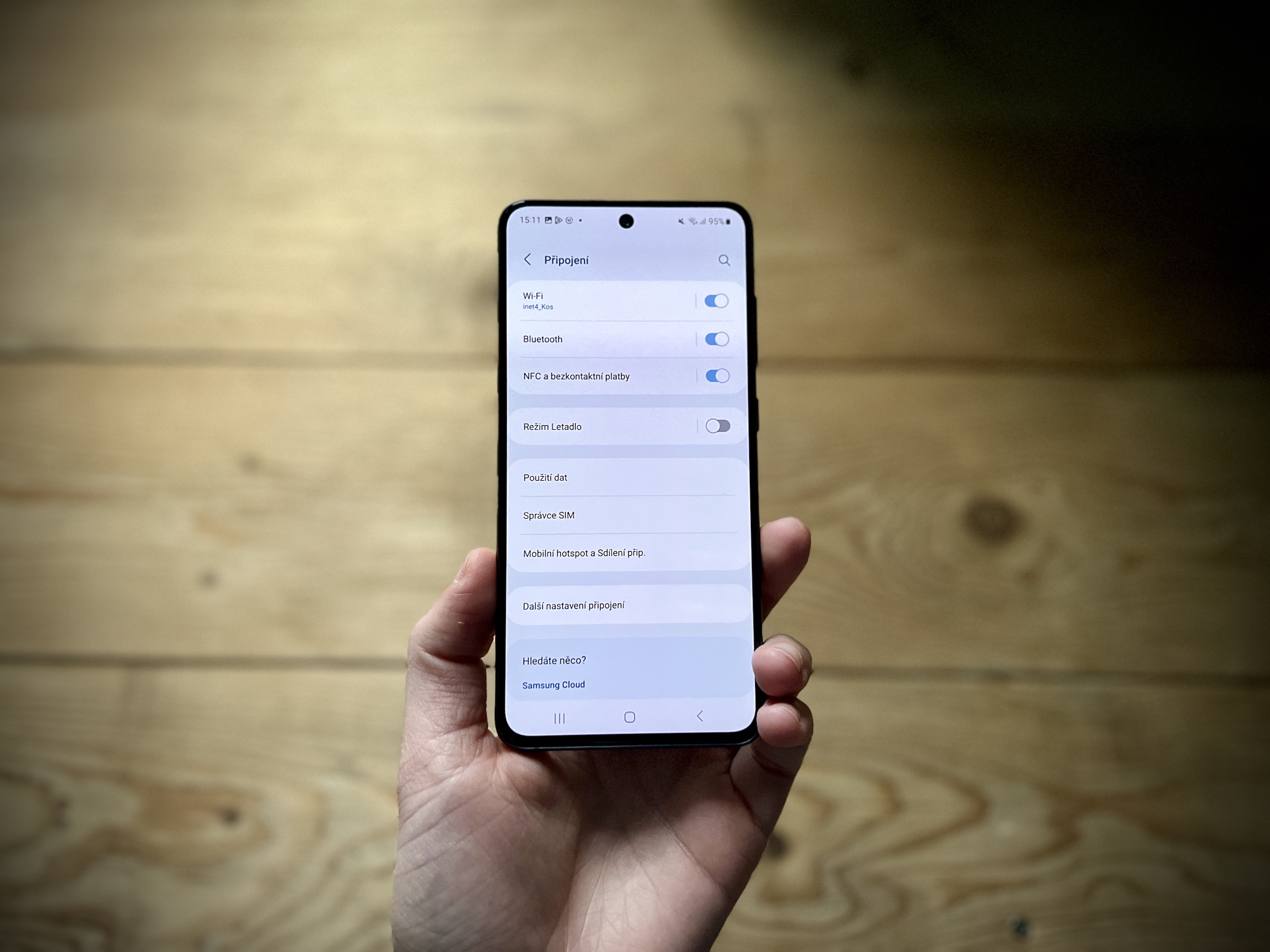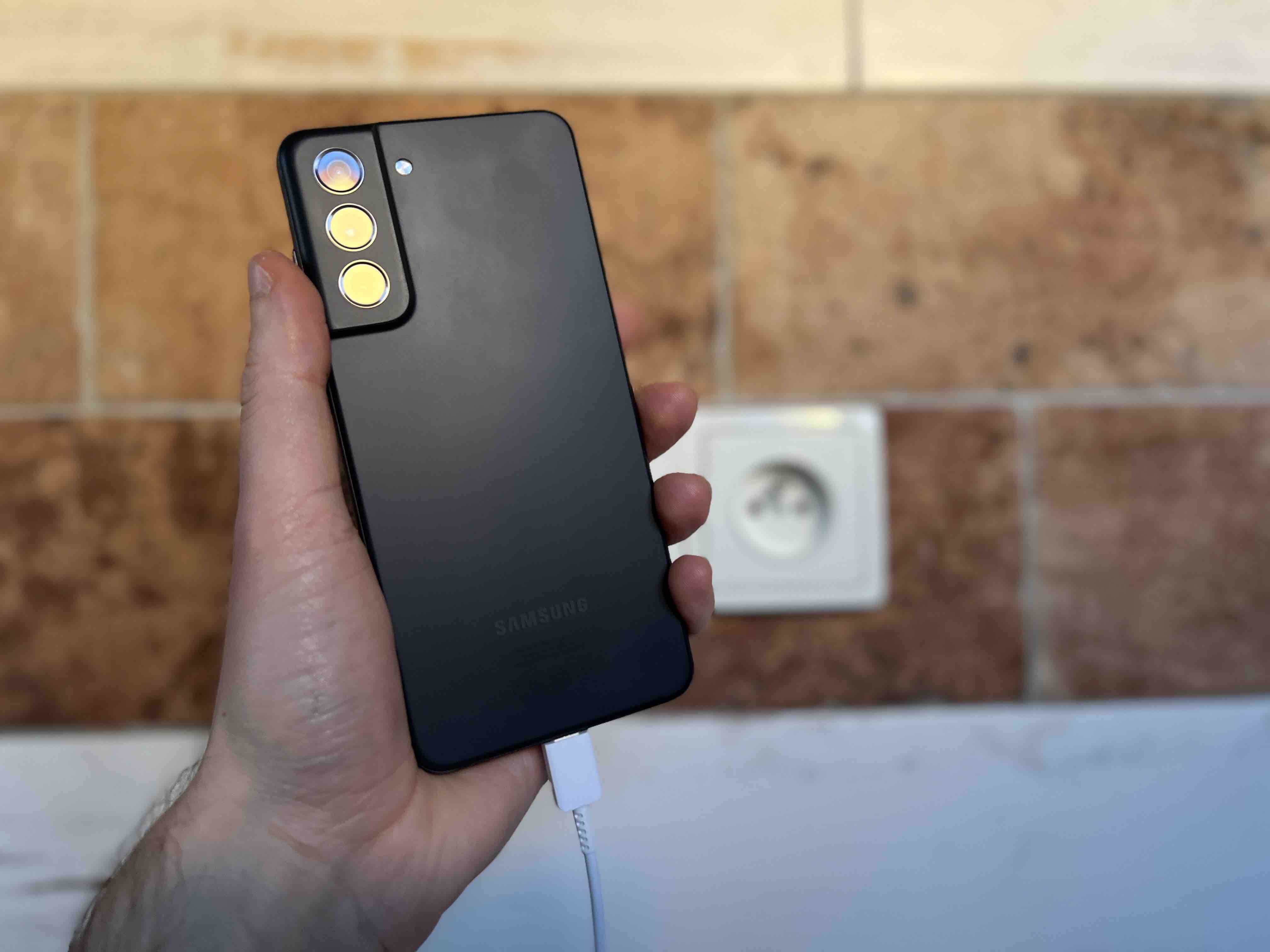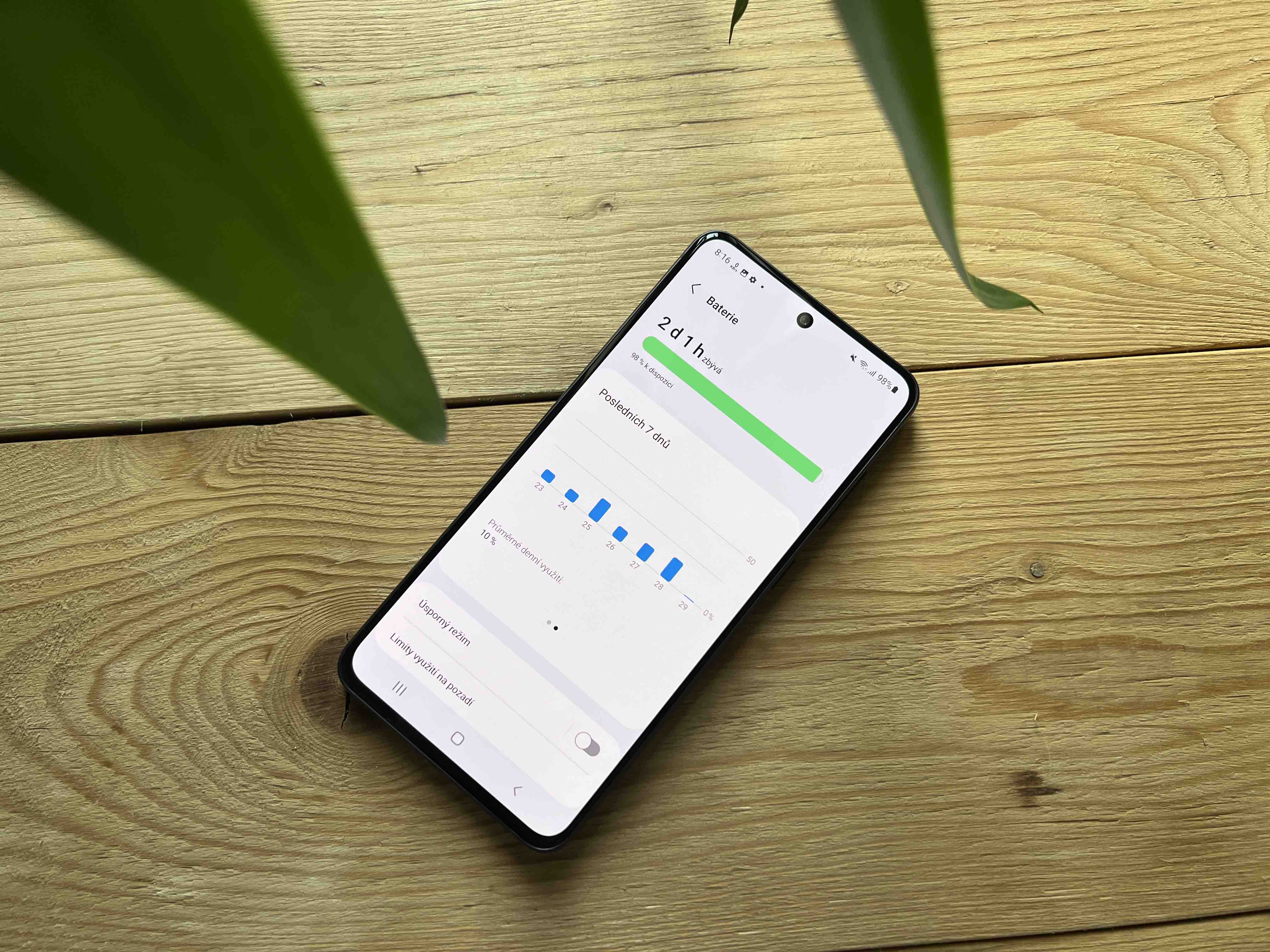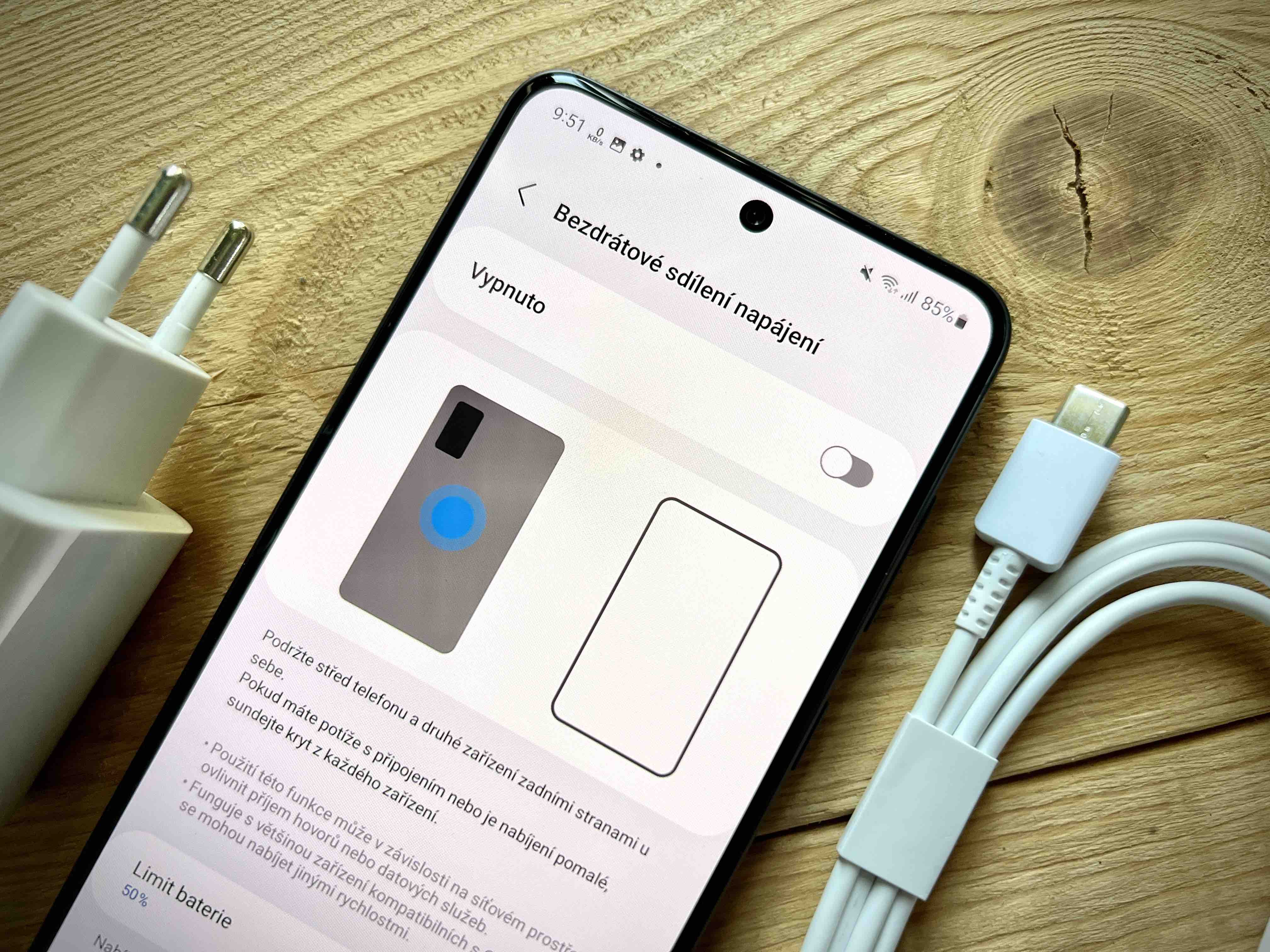If you already own an older phone that you haven't saved much with regard to its battery, you may be dealing with one unpleasant ailment during the winter season. This means that it switches off more often when handling in temperatures below freezing. But why is that so?
Modern telephones and indeed other electronic devices use lithium-ion batteries, the advantage of which is mainly faster charging, but also longer endurance and higher energy density. In practice, this actually means a longer shelf life in a lighter package. Where there are advantages, there are of course disadvantages. Here, we are dealing with operating temperatures to which the battery is quite susceptible.
The operating temperature of modern phones is usually from 0 to 35 degrees Celsius. However, a plus point for the winter season is that low temperatures do not permanently damage the battery, while warm temperatures do. In any case, the frost has such an effect on the phone that it starts to develop internal resistance. This will subsequently cause the capacity of the contained battery to decrease. But her meter also has its share in this, which begins to show deviations in its accuracy. Even if your Samsung shows well over 20%, it will turn off.
What with this?
There are two problematic factors here. One is the said reduction of battery capacity due to frost, in direct proportion to the time it is exposed to it, and the other is inaccurate measurement of its charge. The deviation that the meter can show in extreme temperatures can be up to 30% from reality. However, this rarely happens with new phones and their batteries that are still in good condition. The biggest problems are older devices whose batteries are no longer fully powerful.
You could be interested in

Even if your Samsung turns off, just try to warm it up and turn it back on. But you shouldn't do this with hot air, just your body heat is enough. This is because you will make the meter work properly and it will then know the actual capacity of the battery without the mentioned deviation. Still, even if you don't like it, you should generally only use your electronic devices in the cold when absolutely necessary.





